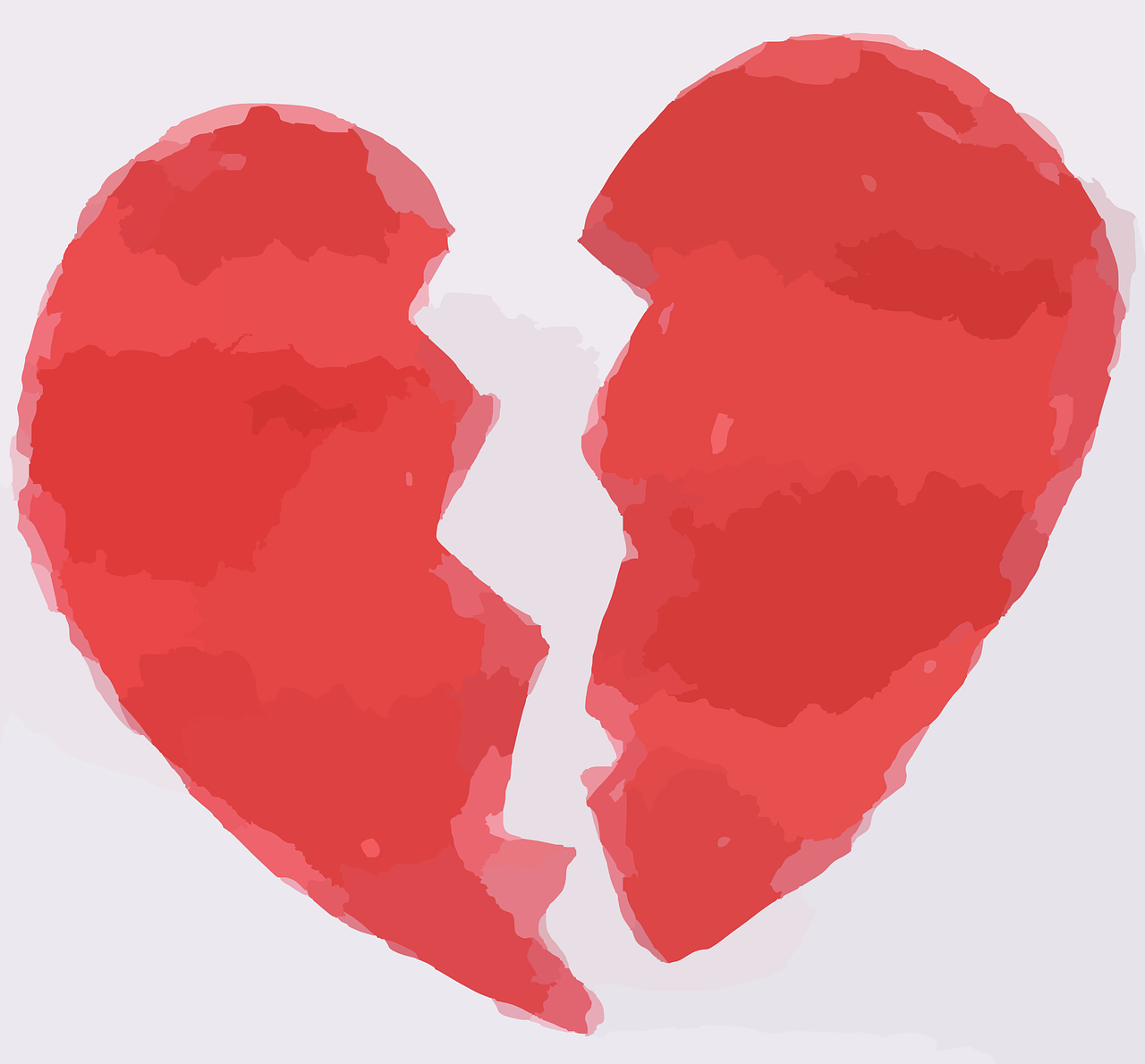
Breaks-ups are hard and they are painful. So often people just want us to move on, forget about the other person, and drown our sorrows in a pint of mint chocolate chip ice cream. But if you’ve ever been through a bad break-up, you know those things are impossible, and that ice cream only puts a temporary Band-Aid on your hurt.
Today I’m going to talk about moving on after a difficult break-up. I know these words may not “fix” how you feel, but I hope that they give you some validation and hope that things will be better eventually. I also want to provide you with some simple tips to help cope with your big feelings and pain right now.
Grief with a Break-Up
What you are feeling right now is very real. It is very common to grieve after a break-up occurs. This is a significant loss, and it’s important to treat it as one. When you commit to being with someone, no matter how it ends (good, bad, mutual decision) you won’t just get over it. Allow yourself to grieve the loss of the relationship and the loss of the person.
What does grieving look like? It means allowing yourself to feel and acknowledge your feelings. It means crying when you feel sad. Grieving can also mean allowing yourself to feel anger at yourself, the other person, the situation, or the universe. The Stages of Grief (denial, anger, bargaining, depression, and eventually acceptance) may become something you experience. Don’t stuff your feelings. This also means don’t drown your feelings in a bottle of wine or to jump into a rebound relationship to stop the pain. It means taking time to really sort through your feelings until eventually, the pain doesn’t feel so big.
If you feel stuck with this, please reach out for professional help. Therapy can help you process your emotions. It can also help you if you feel like you’ve slipped into a Clinical Depression after a break-up.
How to Take Care of Yourself After a Break-Up
I preach utilizing self-care all of the time, but it’s because it truly is powerful. Make sure that you are taking care of yourself after a break-up. This can look different from person to person, but here are some ideas to try: journal, make plans to be social, exercise, do yoga, pray, volunteer, go for a walk, find a new hobby, drink some tea, read a book, go get a massage, or do something nice for yourself.
Surround yourself with people who are loving and supportive. Make plans with a friend to grab dinner, or to do something social. Share with safe people in your life how you are really doing. Talk to a therapist about your feelings and what you need. Whatever you decide to do, make sure it is soul-filling and a way to take care of yourself.
Deal with Your Issues
Figure out why this relationship ended. How did you contribute to it not working? If you can figure this out, you can keep it from happening again. Sometimes this takes a lot of humility and self-reflection. Take an honest inventory of what worked and didn’t work. Take responsibility for how you may have contributed. Most break-ups are closer to a 50/50 split, rather than a 0/100.
If you are struggling to know how to own your part of the break-up, please reach out for help. A therapist can help you sort through the muck to be able to see how you could’ve done things differently. Maybe you were too rigid, didn’t set enough boundaries, or were codependent. Maybe you had unrealistic expectations, didn’t show forgiveness, or maybe you just keep picking the wrong kind of person to date. Whatever the reason, own it!
One of my favorite sayings is “If you carry the bricks from your past relationship to the new one, you will only build the same house.” (Anonymous). Make sure that you are dealing with your issues before you move on and bring them into another relationship. It’s imperative that you work to become the healthiest version of yourself that you can be.
Make a Grocery List
One of my favorite things to do in session with clients is to come up with a Grocery List for dating. Here’s what a Grocery List does: If you go to the grocery store without a list, you are going to come home with crap. Same thing in the dating world. If you go into dating without a list, you’re going to come home with crap.
A Grocery List consists of three columns: Must-Haves, Would Be Nice’s, and Dealbreakers. Basically, you fill in each column with personality traits and attributes that you want from the person you’re dating. This helps you create a standard for the type of person you are looking for. When you are ready to start dating again, you measure the person up against your list. If they fit the criteria, you’ve probably found a good match. If they have a Dealbreaker, or don’t have a Must-Have, you may have a difficult decision to make.
You pull the things you put on your Grocery List from your past experiences in dating, as well as the relationships that have been modeled around you. For example, maybe one of your Dealbreakers is selfishness. You may have pulled that from a past dating relationship where your partner only thought of themselves. Maybe a Must-Have would be to have a shared faith because that’s important to you. You may have seen something in your parents’ or grandparents’ marriages that you would add to the columns. The point is, it’s important to be intentional with dating and to know what you want and what you are looking for.
Final Thoughts
If you’ve gone through a difficult break-up, and you are struggling with moving on or processing grief, please reach out for help. Counseling is a safe place to process really hard emotions, as well a place to help you become healthy and to fully heal.
*Christy Fogg, MSW, LCSW is a licensed therapist at Journey to Joy Counseling. Christy enjoys doing marriage/couples counseling, individual counseling, premarital counseling. She also provides family counseling, teen and adolescent counseling.
Journey to Joy Counseling serves the Indianapolis area, including Carmel, Fishers, Noblesville, Zionsville, and Westfield.



